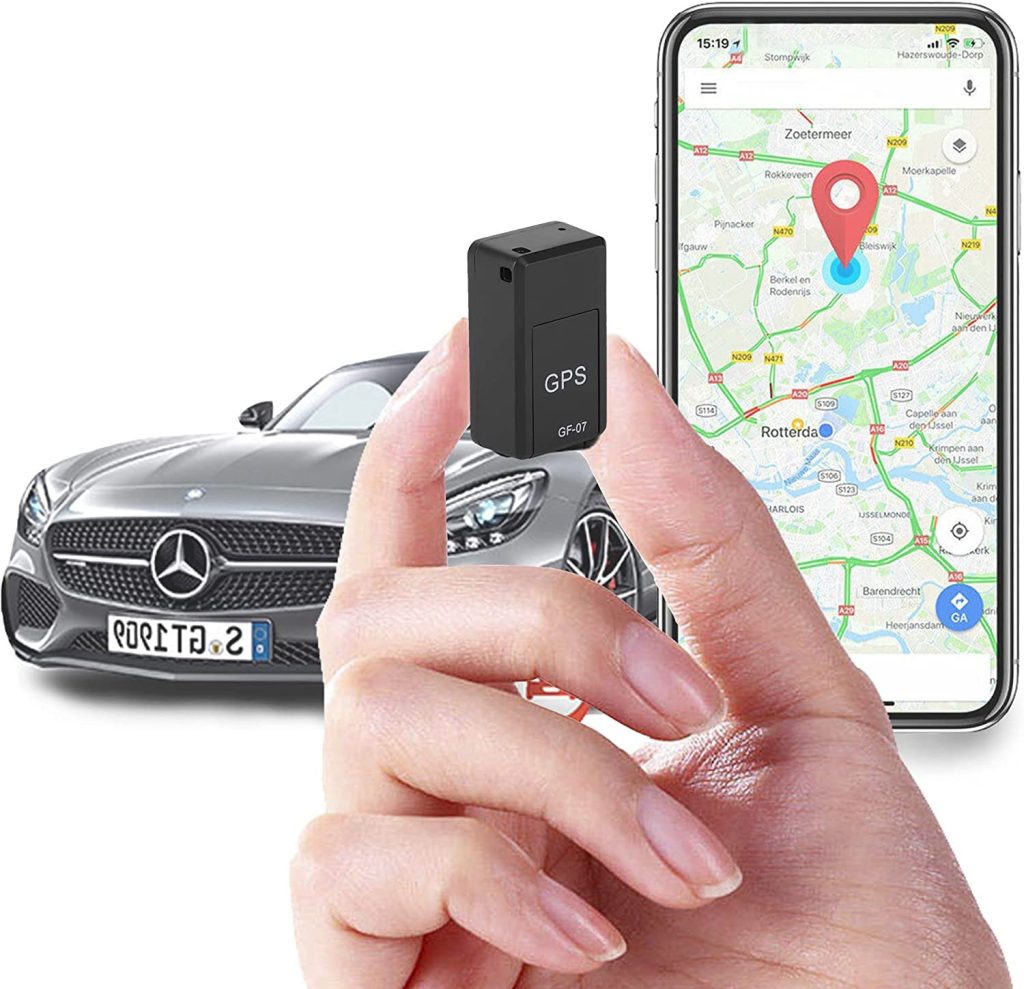The Future of GPS Trackers in the Automotive Industry: Beyond Basic Tracking

GPS trackers have moved beyond their initial use as simple location devices. The automotive industry is embracing sophisticated GPS tracking technology, integrating it into vehicles in ways that promise to revolutionize safety, efficiency, and the overall driving experience. This isn’t just about knowing where your car is; it’s about leveraging data to improve everything from fuel economy to insurance premiums.
Enhanced Safety Features: Beyond Stolen Vehicle Recovery
While recovering a stolen vehicle remains a crucial function, modern GPS trackers offer much more in terms of safety. Real-time crash detection, for example, automatically alerts emergency services in the event of a collision, providing crucial location information and potentially saving lives. Some advanced systems even incorporate driver behavior monitoring, identifying potentially dangerous driving habits and providing feedback to help drivers improve their skills and reduce the risk of accidents. Features like geofencing, which alerts drivers when a vehicle leaves a pre-defined area, add another layer of security for both personal and commercial vehicles.
Improving Fleet Management Efficiency: Optimizing Logistics and Reducing Costs
For fleet operators, GPS trackers are indispensable tools. Real-time tracking of multiple vehicles allows for efficient route planning, minimizing fuel consumption and delivery times. Data analysis on driver behavior can help identify areas for improvement, leading to reduced fuel costs and wear and tear on vehicles. Predictive maintenance, triggered by data from the tracker about engine performance and other key metrics, allows for proactive repairs, preventing costly breakdowns and maximizing vehicle uptime.
The Integration of AI and Machine Learning: Smarter Tracking, Smarter Driving
Artificial intelligence and machine learning are transforming GPS tracking technology. AI algorithms can analyze vast amounts of data collected by trackers, identifying patterns and trends that would be impossible for humans to spot. This leads to improved route optimization, predictive maintenance scheduling, and more accurate risk assessment. Machine learning can also personalize driver feedback, tailoring safety recommendations to individual driving styles. The future will see more seamless integration of AI into GPS tracking systems, leading to ever-smarter and more efficient solutions.
Data Privacy and Security: Addressing the Concerns

With the increasing reliance on data collected by GPS trackers, concerns about privacy and security are paramount. Reputable manufacturers are addressing these concerns by implementing robust security measures, such as encryption and secure data storage. Transparency in data handling policies is crucial, ensuring users understand how their data is collected, used, and protected. The automotive industry is working towards establishing industry standards for data privacy and security to build user trust and confidence in these technologies.
The Evolution of Hardware: Smaller, More Powerful, More Integrated

GPS tracker technology continues to evolve, with smaller, more powerful devices becoming increasingly common. Integration with vehicle systems is also improving, leading to more seamless data collection and fewer issues with installation and maintenance. The use of long-life batteries and advanced communication protocols ensures reliable and consistent data transmission, even in challenging environments. The next generation of trackers is likely to incorporate even more sensors, providing a richer data set for analysis and improving the functionality of the system.
Choosing the Right GPS Tracker: A Guide for Consumers
Selecting a GPS tracker depends on individual needs and priorities. Consider the following factors:
- Accuracy: How precise does the location data need to be?
- Features: What specific features are essential (e.g., crash detection, geofencing, driver behavior monitoring)?
- Battery life: How long does the tracker need to operate without recharging?
- Data plan: What kind of data plan is required, and what are the costs?
- Compatibility: Is the tracker compatible with your vehicle and existing systems?
- Security: What security measures are in place to protect your data?
Comparing Leading GPS Tracker Brands: A Quick Overview

Several leading brands offer a wide range of GPS tracking solutions for the automotive industry. It’s essential to compare features, pricing, and customer reviews before making a purchase. Researching reputable brands with a strong track record of reliability and customer support is vital. This research should extend to reading independent reviews and comparisons to get a well-rounded perspective.
The Future is Connected: Embracing the Potential of GPS Tracking
The future of GPS trackers in the automotive industry is bright. With continuous advancements in technology and a growing focus on safety and efficiency, these devices are poised to become even more integrated into our vehicles. From enhanced safety features to streamlined fleet management, the potential benefits are significant. By carefully considering your needs and choosing a reputable provider, you can harness the power of GPS tracking technology to improve your driving experience and enhance the safety and security of your vehicle.



